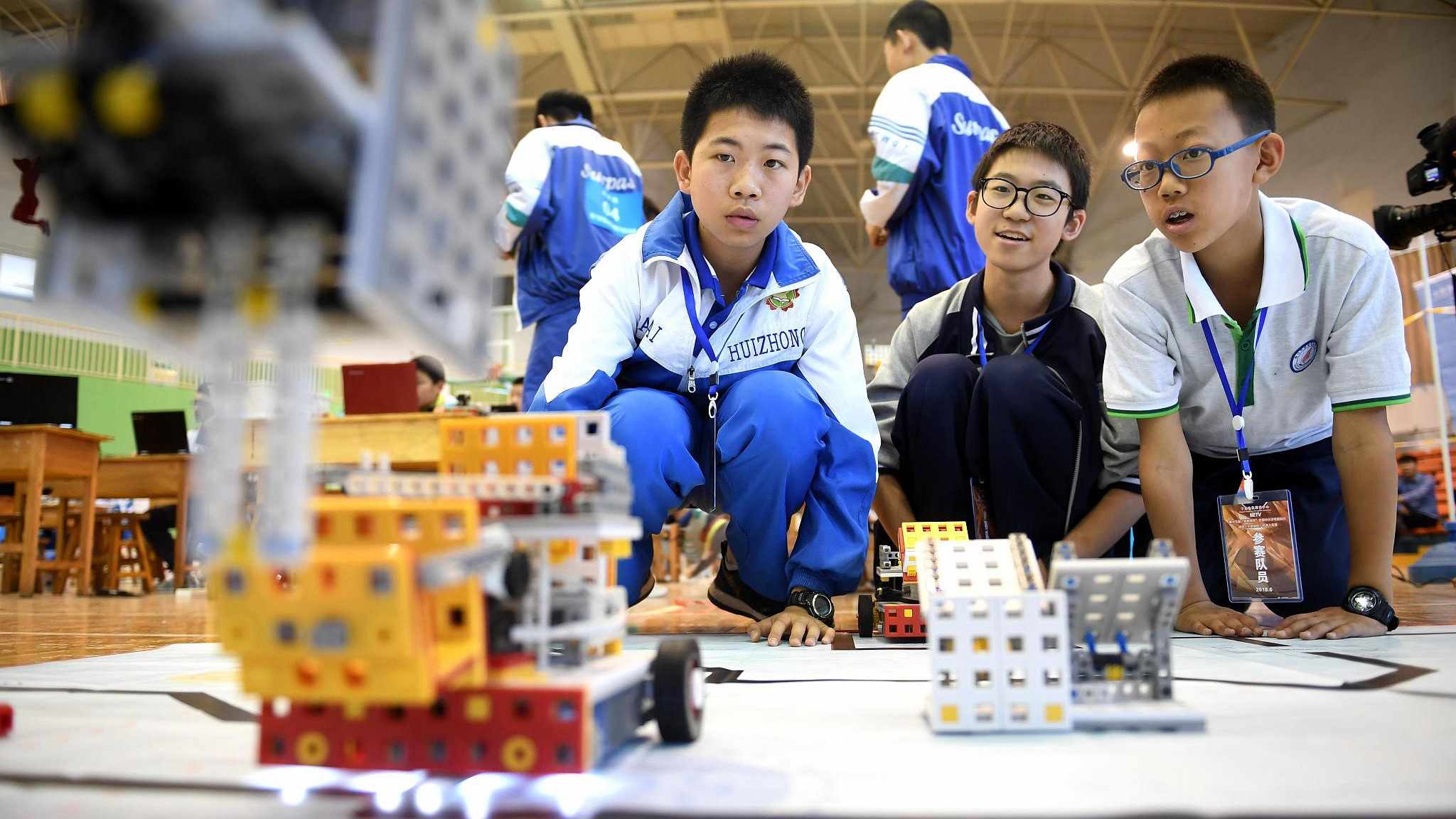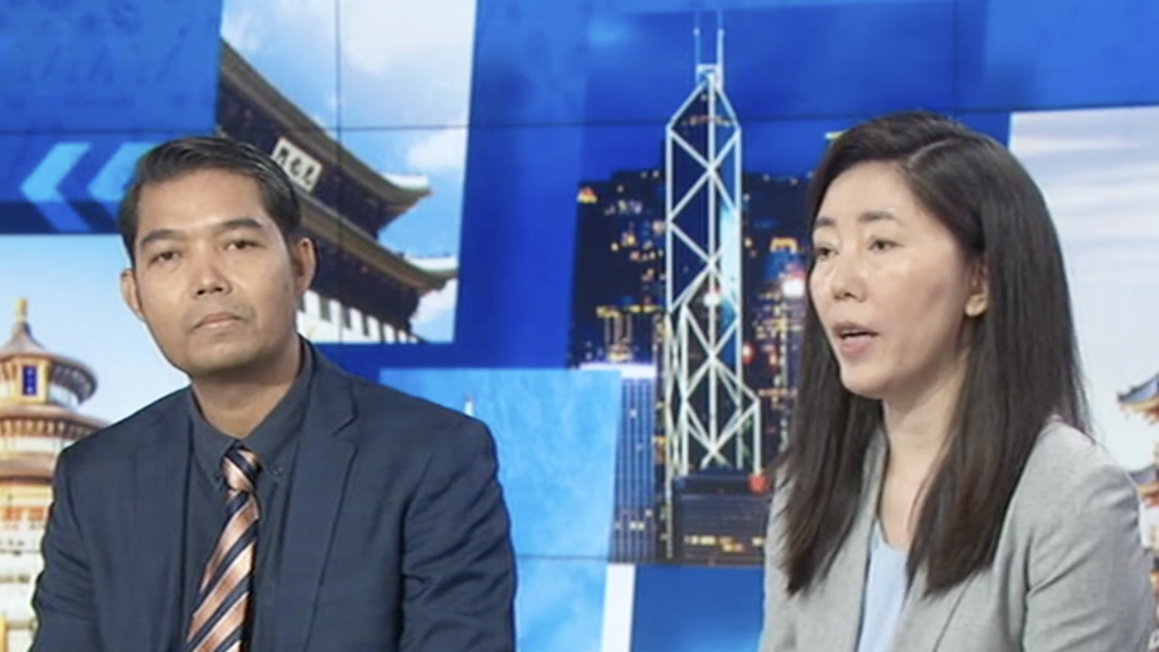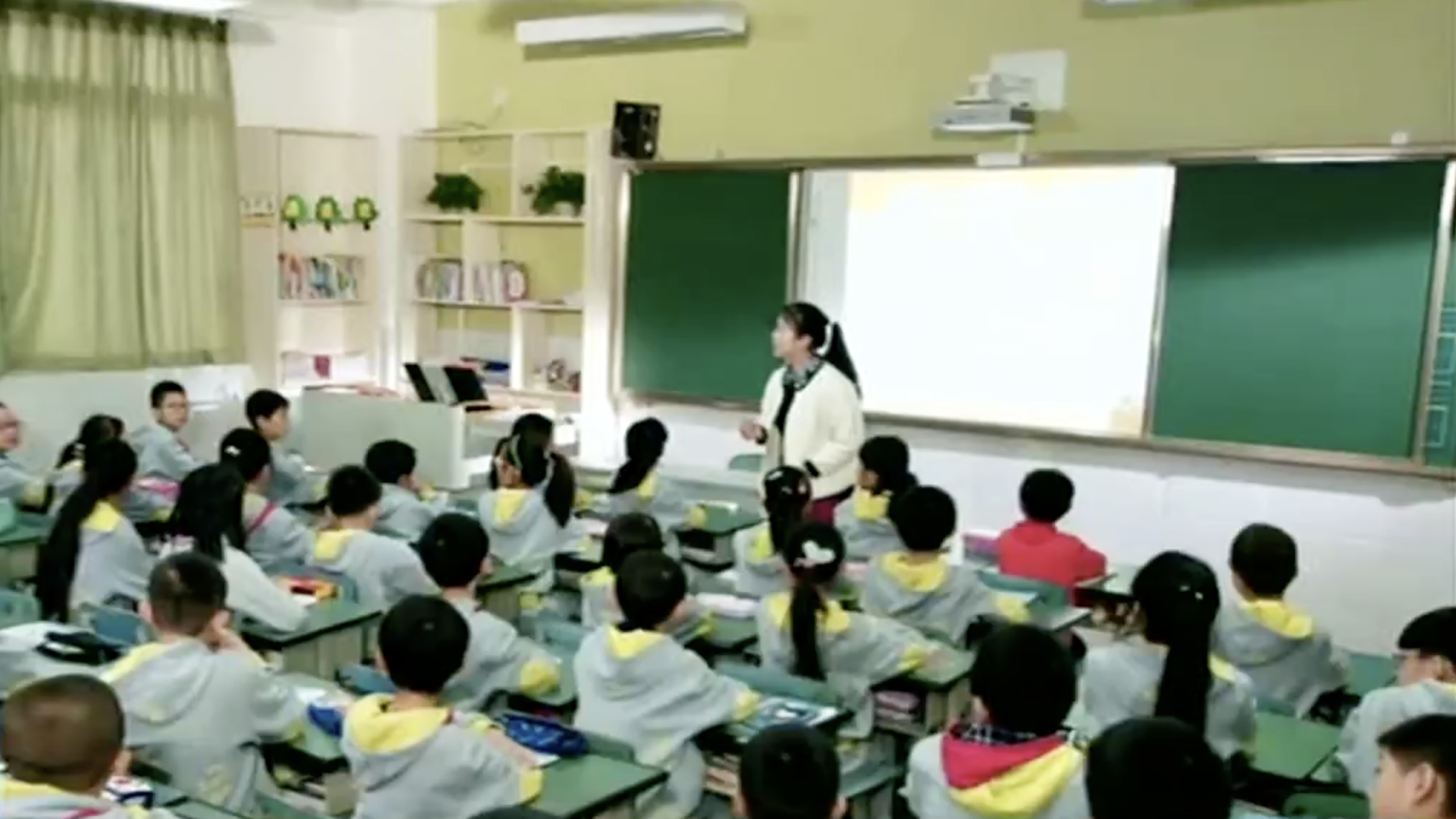
Opinions
08:49, 08-Jul-2018
Asian values: Is it enough to ask the next generation to just be studious?
Updated
08:18, 11-Jul-2018
CGTN

Editor’s note: The article is based on an interview with Wang Yan from the National Institute of Educational Sciences of China, and Dy Samsideth, deputy director general at Cambodia's Ministry of Education, Youth and Sports.
In Asia, educational qualifications influence job opportunities, with some still regarding education as a platform for upward social mobility. Naturally, high expectations for children to get good scores on their report cards bring about high pressure.
Today's world is thirsty for creative talents and critical thinkers. Is it enough to ask students to just be diligent and studious?
02:33

According to the Director of Department for International Exchange at the National Institute of Educational Sciences of China, Dr. Wang Yan, working hard is still significant in primary education as it lays a solid foundation for what children will learn in the future.
Wang says such learning habits are part of character building as the students learn to be self-disciplined, so they will get used to working hard to reach their goals no matter the hardship.
But concentrating on books and grades is not without risks. Wang warns that intense work at the expense of fun might undermine students' passion for learning.
Education in Asia has been criticized for heavily relying on repetition and reciting. Deputy Director General at Cambodia's Ministry of Education, Youth and Sports Dr. Dy Samsideth maintains that such a learning style is not bad news.
02:26

Samsideth said it is still important to indoctrinate students with knowledge, adding that it is equally significant to teach them how to learn.
But what if the students lack motivation for learning under such a system? Samsideth said in order to facilitate learning, it is imperative to create a learning environment with available learning materials.
Meanwhile, he emphasized that educators should impart students with critical thinking, team-building and problem-solving skills. Wang agreed that students should have other skills for research and communication.
As the world is changing rapidly, Wang holds that educators should associate teaching with real-life situations and allow students to make mistakes. Samsideth noted students currently have alternative learning venues besides classrooms. They could learn from social media, e-learning platforms, and their peers.

SITEMAP
Copyright © 2018 CGTN. Beijing ICP prepared NO.16065310-3
Copyright © 2018 CGTN. Beijing ICP prepared NO.16065310-3